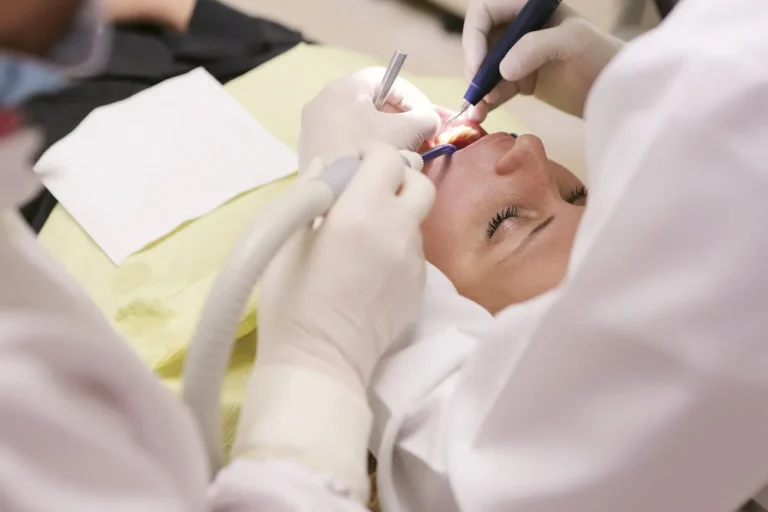
Ncardia, a leading human iPSC company, has announced the launch of a new panel of ready-to-use assays aimed at streamlining the screening and selection of therapeutic candidates, with a particular focus on neurodegenerative diseases. This innovative panel offers standardized, robust, and reproducible assays for Alzheimer’s Disease, Parkinson’s Disease, ALS/FTD (Amyotrophic Lateral Sclerosis/Frontotemporal Dementia), Neuroinflammation, and Neurotoxicity. By utilizing human models and disease-relevant readouts, the assays deliver highly translational data, improving the chances of success in later stages of therapeutic development.
“Our new panel of assays marks a significant advance in accelerating drug discovery,” said Jeroen de Groot, PhD, Divisional CEO at Ncardia. “By providing assays that are already standardized, we reduce much of the upfront work, allowing researchers to focus on advancing their most promising candidates more quickly and confidently.”
These assays are versatile and can be applied at any stage of drug discovery, from target identification and validation to hit finding and lead optimization. They are compatible with all drug modalities, including small molecules, gene therapies, RNA therapies, and biologics.
“Our goal is to drive the integration of human iPSC technologies into drug discovery,” said Shushant Jain, PhD, Director of Discovery Technology. “A key part of that is delivering timely, relevant efficacy and toxicity data on drug candidates. The new panels include readouts for gene and protein expression, protein aggregation, lysosomal function, neuronal health, and the release of neurofilament light chain (NF-L), an important biomarker for neurodegeneration.”
The advanced development of the assay panel allows for minimal optimization, enabling Ncardia to quickly configure custom assays tailored to a client’s specific requirements.
While this new panel highlights Ncardia’s expertise in neurodegenerative disease drug discovery, the company also provides solutions for other therapeutic areas, including cardiovascular disease, oncology, and respiratory conditions.





